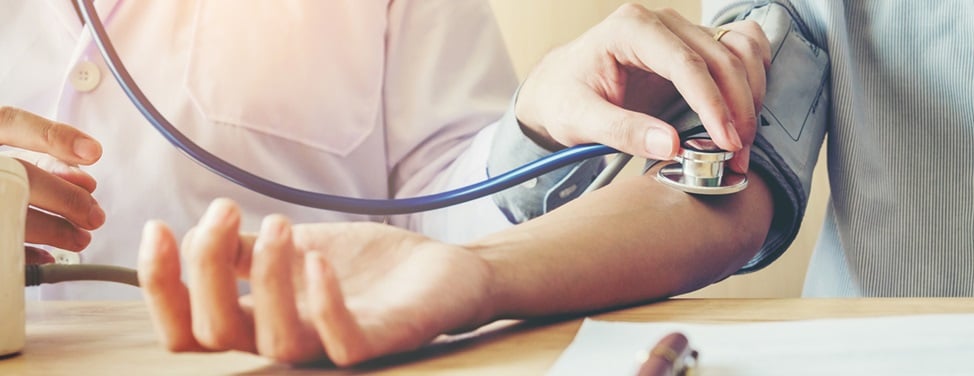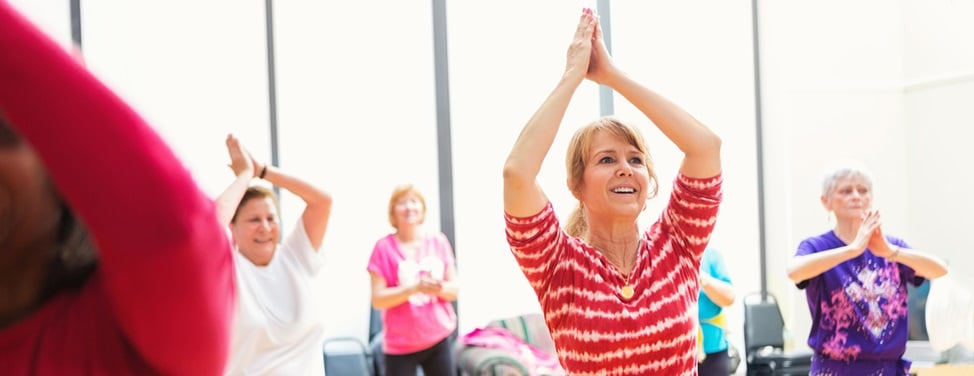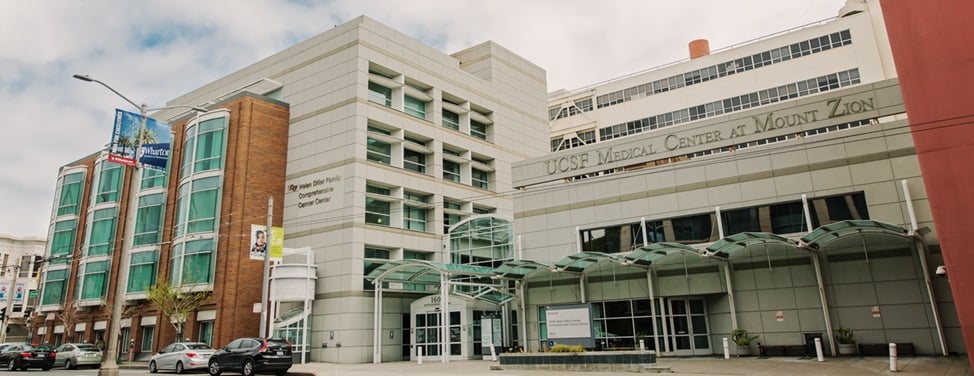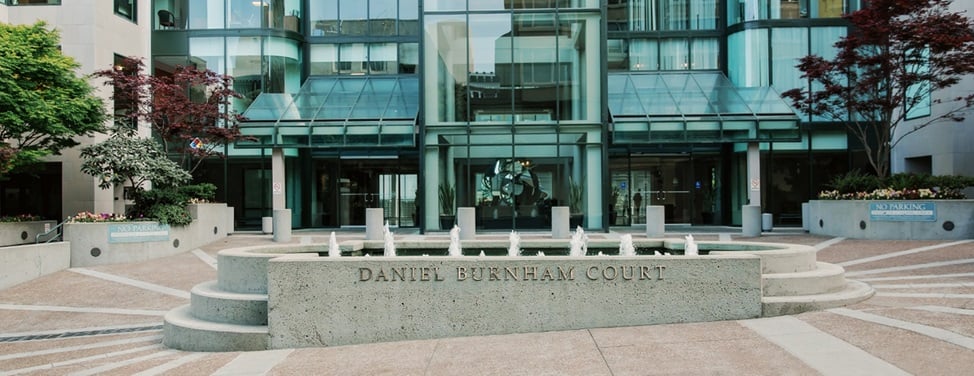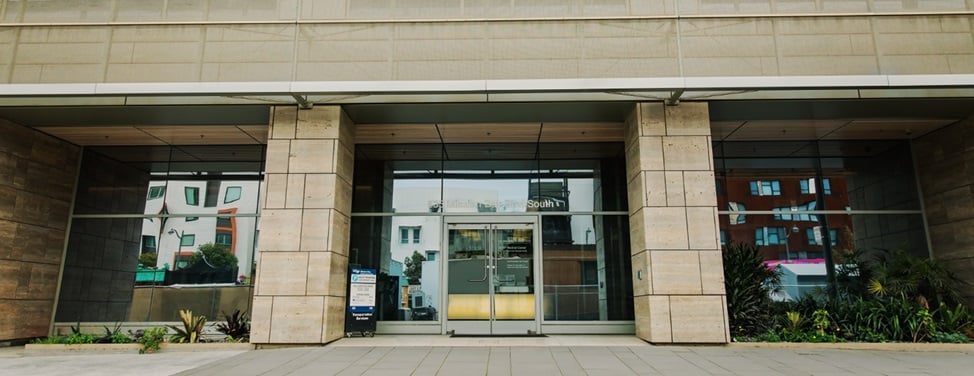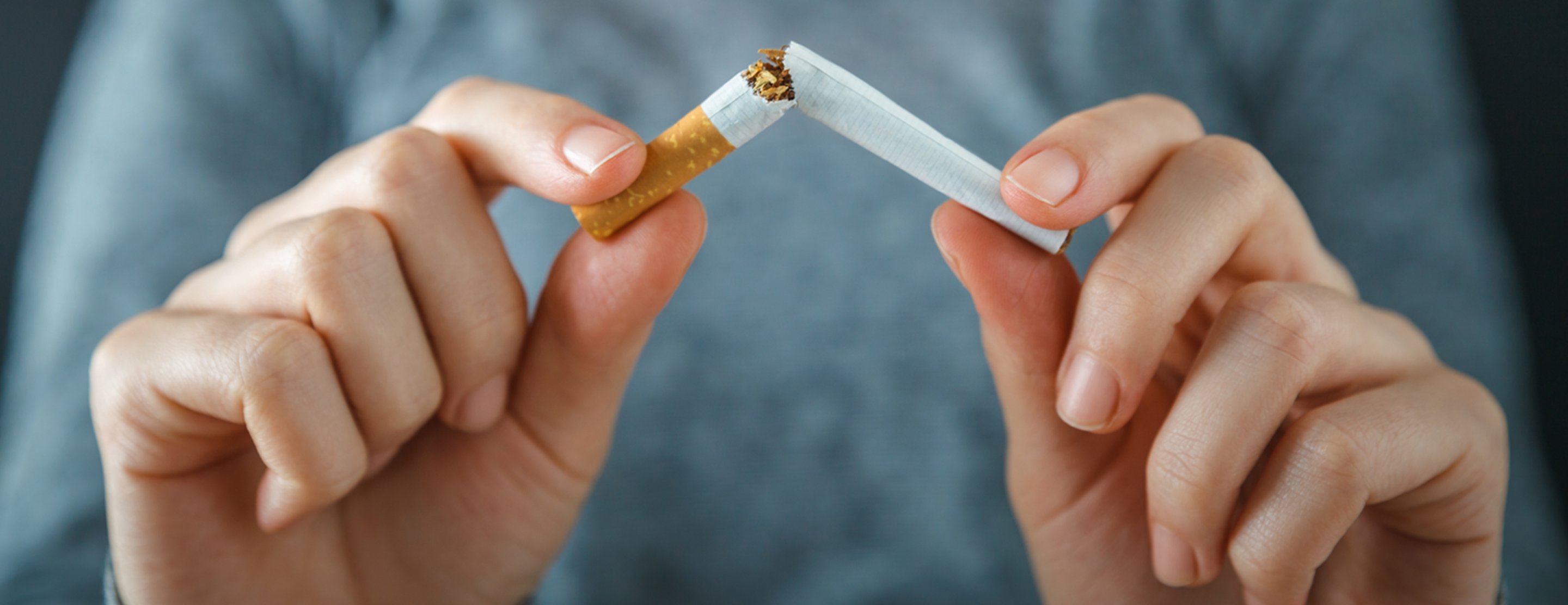
Smoking and Heart Disease
The leading cause of death among smokers is not lung cancer – it is heart disease.
Of the 404,000 deaths annually caused by smoking, 142,600 are due to heart and vascular disease. Of the 53,000 nonsmoker deaths due to secondhand smoke, about 40,000 are due to heart disease.
More than half of the heart attacks in women younger than 50 are related to smoking. Compared to cancer, where the damage caused by smoking develops slowly and can be reversed if a person stops smoking, much of the damage caused by smoking happens immediately.
While stopping smoking is beneficial at all ages, the sooner you quit, the greater the benefits. A smoker who quits by age 30 returns to the mortality patterns of a nonsmoker. Smoking cessation yields rapid benefits in terms of heart disease; cardiac function starts to improve within a day, and half the excess risk of myocardial infarction (heart attack) is gone in one year.
Building your motivation to stop smoking
While 70 percent of smokers say they want to quit smoking, only about 20 percent report wanting to quit in the next 30 days. If you are not yet ready to quit, you can still take steps to move forward in the process. For example:
- Read information on the health benefits of quitting smoking. Make a list of the benefits that are important to you.
- Identify the risks of tobacco use that most concern you.
- Track the number of cigarettes you smoke each day to become more aware of your use of tobacco and to identify ways to limit your smoking.
- Talk with your doctor to learn more about available treatments for quitting.
- Talk with friends who have quit smoking and ask them how they did it.
- Make your home and car smoke-free zones. This will increase your awareness of your tobacco use, protect your friends and family from secondhand smoke, and support your efforts with quitting.
Treatment for quitting smoking
It is now widely known that nicotine is as addictive as heroin and causes release of the "pleasure chemical" dopamine and other neurotransmitters in the brain within minutes of the first puff.
Nicotine Withdrawal Syndrome is a well-studied disorder and is characterized by anxiety, irritability, restlessness, cravings and negative mood. Put another way, smokers who are quitting and experience this syndrome have developed an acute medical disorder and should receive medications (nicotine replacement therapy, bupropion, or varenicline) to ease this discomfort, just as any other patient with temporary acute symptoms would.
Quitting "cold turkey" is only likely to be 2 to 5 percent successful at one year – medications increase this success rate five- to seven-fold or more. Why struggle without medications that are proven to be beneficial?
Through behavioral counseling and appropriate use of medications, you can improve your chances for quitting.
Compared to two decades ago, tobacco users now are able to select from many treatment options for quitting. An analysis of over 8,700 published articles revealed two clear treatment-related themes:
- The use of approved medications for cessation increases the likelihood of quitting.
- The effects of medications for cessation are substantially increased when coupled with behavioral interventions. Behavioral interventions include counseling from a doctor or other health care provider, a stop-smoking group and telephone quitlines. Quitlines are toll-free numbers with counseling available 24 hours a day.
The national quitline phone number is 1-800-QUIT NOW.
Online resources for quitting smoking include www.smokefree.gov.
The information above is from the UCSF Rx for Change Tobacco Cessation Medical Curriculum Materials.
UCSF Health medical specialists have reviewed this information. It is for educational purposes only and is not intended to replace the advice of your doctor or other health care provider. We encourage you to discuss any questions or concerns you may have with your provider.






